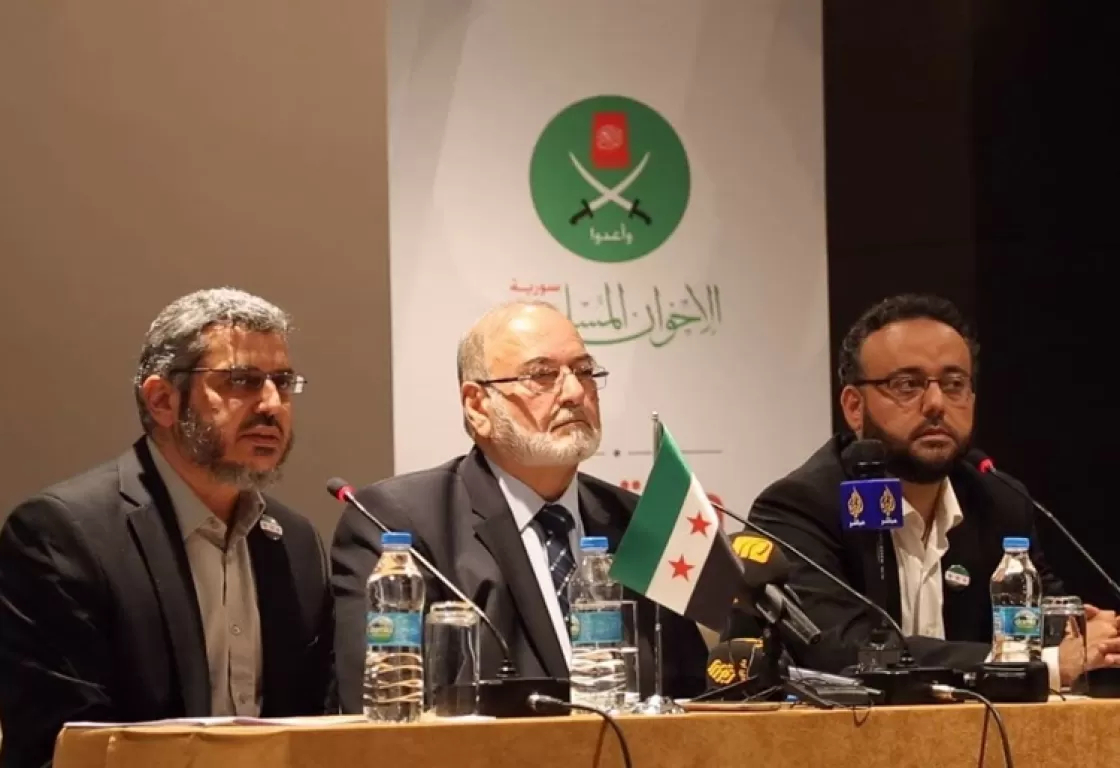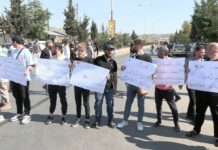
An article by Ahmad Muwaffaq Zaidan, longtime journalist and current adviser to Syrian President Ahmad al-Sharaa, ignites debate after he urged the Syrian Muslim Brotherhood to dissolve itself. Writing in Al Jazeera on Aug. 22, Zaidan argued that the group, weakened by decades of exile and repression, no longer serves Syria’s needs and risks obstructing the country’s fragile transition.
According to Zaidan other opposition bodies, including local councils and the Syrian National Coalition, have already disbanded to support the new government. The Brotherhood, he suggested, should follow suit. “Their insistence on upholding the decision not to dissolve the group has deprived their youth from participating in state-building,” Zaidan wrote.
History of Opposition and Survival
Founded in 1945, the Syrian Brotherhood once played a prominent role in politics before clashing with the Baathist Assad regime. The confrontation culminated in the 1982 Hama massacre and a death penalty law against its members. The group has since survived largely in exile, retaining influence through alliances such as the Syrian National Council formed in 2011.
Observers note the Brotherhood’s ability to adapt despite repression. Joshua Teitelbaum, a historian at Bar-Ilan University, documented its early engagement with parliamentary politics and collaboration with Syria’s religious scholars and leadership, showing it was often more pragmatic than its Egyptian counterpart.
Support and Criticism of Zaidan’s Call
Some commentators viewed Zaidan’s appeal as aligning with regional trends. Gulf states such as Saudi Arabia and the United Arab Emirates have marginalized Brotherhood-linked movements, and analysts say Damascus may be seeking closer ties with those capitals. “This reflects the Syrian regime’s desire for regional realignment,” wrote one commentator in The Syrian Observer.
However critics argue that dissolving the group risks narrowing Syria’s political space at a moment when inclusion is essential. Dr. Muhammad Abdullah al-Matar, a Kuwaiti researcher in Islamic thought, responded in Al Jazeera that erasing the Brotherhood could deepen tensions. He stressed that “thought and organizational work cannot be suppressed; whatever is dissolved will return to life with new personalities and different methods.”
Comptroller General of the Muslim Brotherhood in Syria, Amer al-Busalama, also rejected the proposal. “It is absolutely not in the interest of dissolving this large group that has an important position within Syrian society,” he said in remarks carried by Al Jazeera’s Syrian Now.
A Question of Syria’s Future
The debate highlights broader questions about Syria’s postwar trajectory. Zaidan’s critics see his argument as privileging external approval and short-term stability over pluralism. Supporters counter that dismantling the Brotherhood would eliminate a divisive current and consolidate state authority.
What remains unresolved is whether Syria will find stability through exclusion or inclusion of its turbulent political past. The Brotherhood’s fate, analysts suggest, will be a barometer for the country’s political openness in the years ahead.








